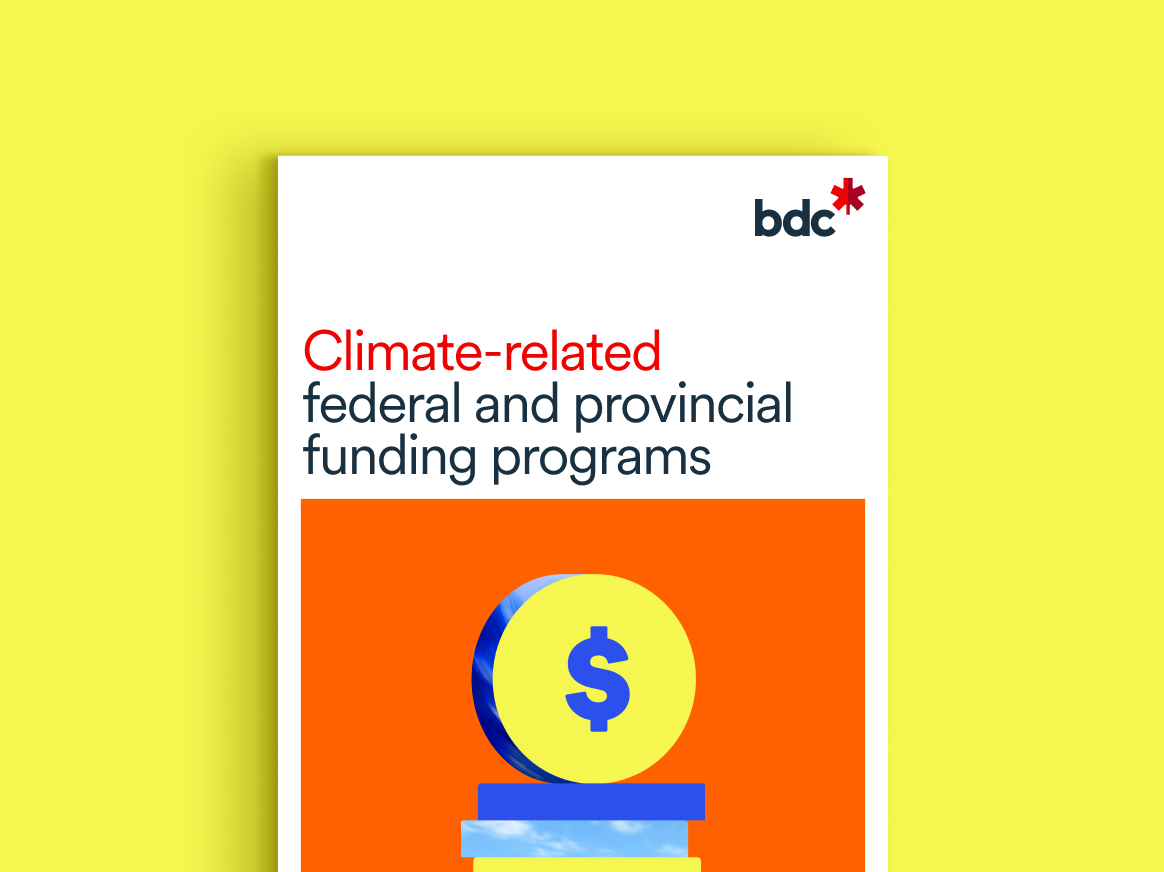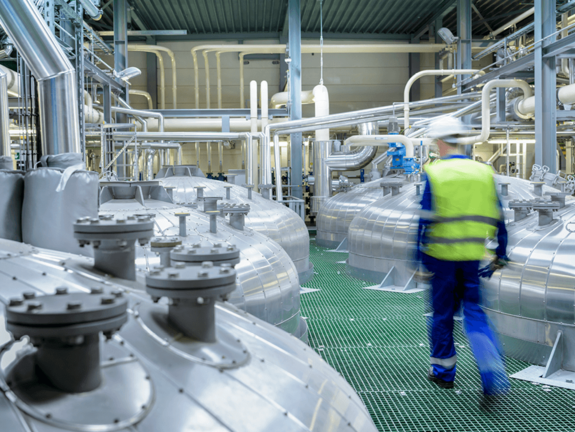Your HVAC system uses a substantial amount of energy
HVAC stands for heating, ventilation and air conditioning systems, which are responsible for the majority of energy use in most commercial buildings. Taking proper care of your system keeps it running more efficiently, so you can save money on energy use and avoid the emissions associated with replacing it with a new one.
On average, SMEs that optimized their HVAC system took 22 months to recoup their investment.
Roadmap to HVAC optimization
HVAC systems work continuously almost all year long, which exposes them to potential malfunction or breakdown. Scheduling regular maintenance at least once a year is a good way to prevent issues, or at least reduce their frequency and complexity. Also, keep an eye out for leaks or visual signs of wear and listen for any unusual noises coming from your system.
Modern HVAC systems are highly complex and calling on an HVAC specialist is often the best way to manage a system effectively. Still, there are some general things you can do without an expert:
- Change air filters regularly
- Improve your building’s insulation
- Keep indoor vents clear and make sure nothing is blocking the vents (like pieces of furniture)
- Clean around the condenser unit (keep the surroundings free of debris, bushes, etc.)
-
Retrofit your building to lower its energy use
Discover how to take on retrofit projects to increase the energy efficiency of your building and help fight climate change.
Keep an eye on your utility bills or install sensors or smart thermostats to monitor the energy use of various system components. Spikes or other significant changes in energy use should be investigated and addressed as soon as possible. For example, if your monitoring shows a surge in energy use overnight, check your settings to make sure you’re not running the system unnecessarily when no one’s in the building. On top of that, behaviour changes such as lowering the heat by 1 degree Celsius in winter can reduce your heating costs.
-
Natural Resources Canada: Guide to maintaining your home heating and cooling system
Read this guide to maintaining your home heating and cooling systems.
-
Thermal Comfort for Office Work
Learn more about thermal comfort for office work to optimize your company's heating system.
-
Guide to maintaining your home heating and cooling system
Your HVAC system plays a key role in keeping you cozy or cool, so it’s important to take good care of it. Learn what you can expect from an HVAC check-up with a licensed and insured contractor.
If you find yourself calling in repair technicians too often, or you just can’t get the performance you’re looking for from your system, it might be time to consider a replacement.
Choosing an energy efficient option can result in a higher cost upfront but can be offset many times over by the lower cost of operating it over the long term.
Look around for the most energy efficient solution that suits your needs. For example, a heat pump is an efficient electrical device that moves heat around your home and can be used in both summer and winter.
When buying new equipment, look for an ENERGY STAR® certified product to make sure you’ll reduce your energy bills as much as possible.
Besides choosing an energy efficient system, ask your HVAC technician about the type of gas used to run the compressor. Some gases contribute more to climate change than others and will therefore increase your GHG emissions.
-
ENERGY STAR® Canada
Find out more about the ENERGY STAR Canada program and what it could mean for your business.
-
Climate-friendly alternatives to HFCs
Find a list of heating or cooling equipment manufacturers that are participating in ENERGY STAR.
-
Hydrofluorocarbons
Find out more about hydrofluorocarbons and why they should be avoided.
-
ENERGY STAR Heating or cooling equipment manufacturers
learn about climate-friendly alternatives to hydrofluorocarbons.
Recommended resources

Discover over 60 green governmental active grants, tax credits and loan programs.

Reducing your GHG emissions is a smart move for both your business and the planet. Discover the key areas in your business where you can take action now.

Calculate your retrofit savings and emissions reductions for free.
Discover our solutions
The content of this webpage is provided for information purposes only, and the reader is responsible for any decisions resulting from its use. The results of applying the content are not guaranteed by BDC and may vary depending on the context, market, sector, financial situation and size of the company. Content originating from a source outside of BDC is the sole responsibility of the author of that source.



